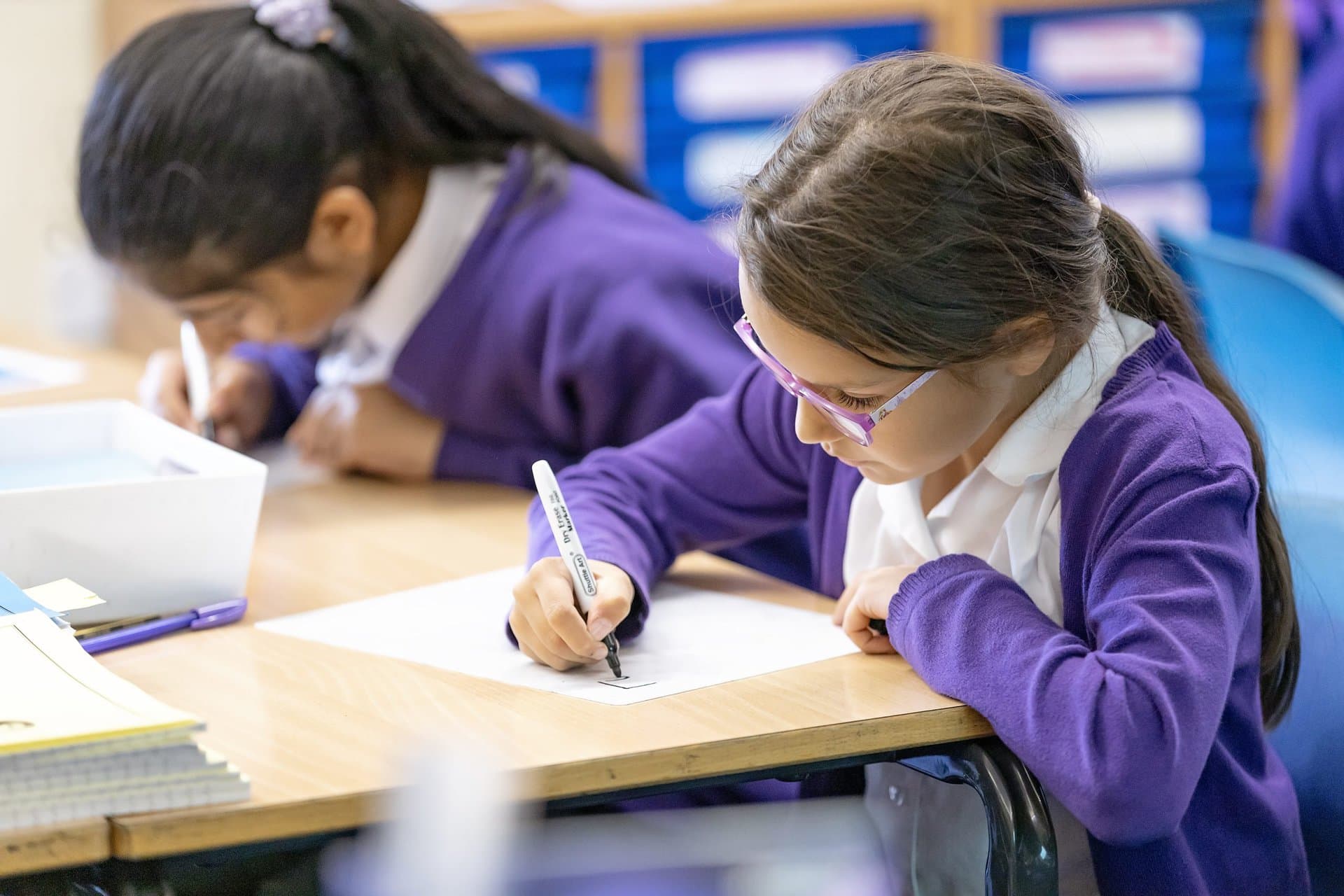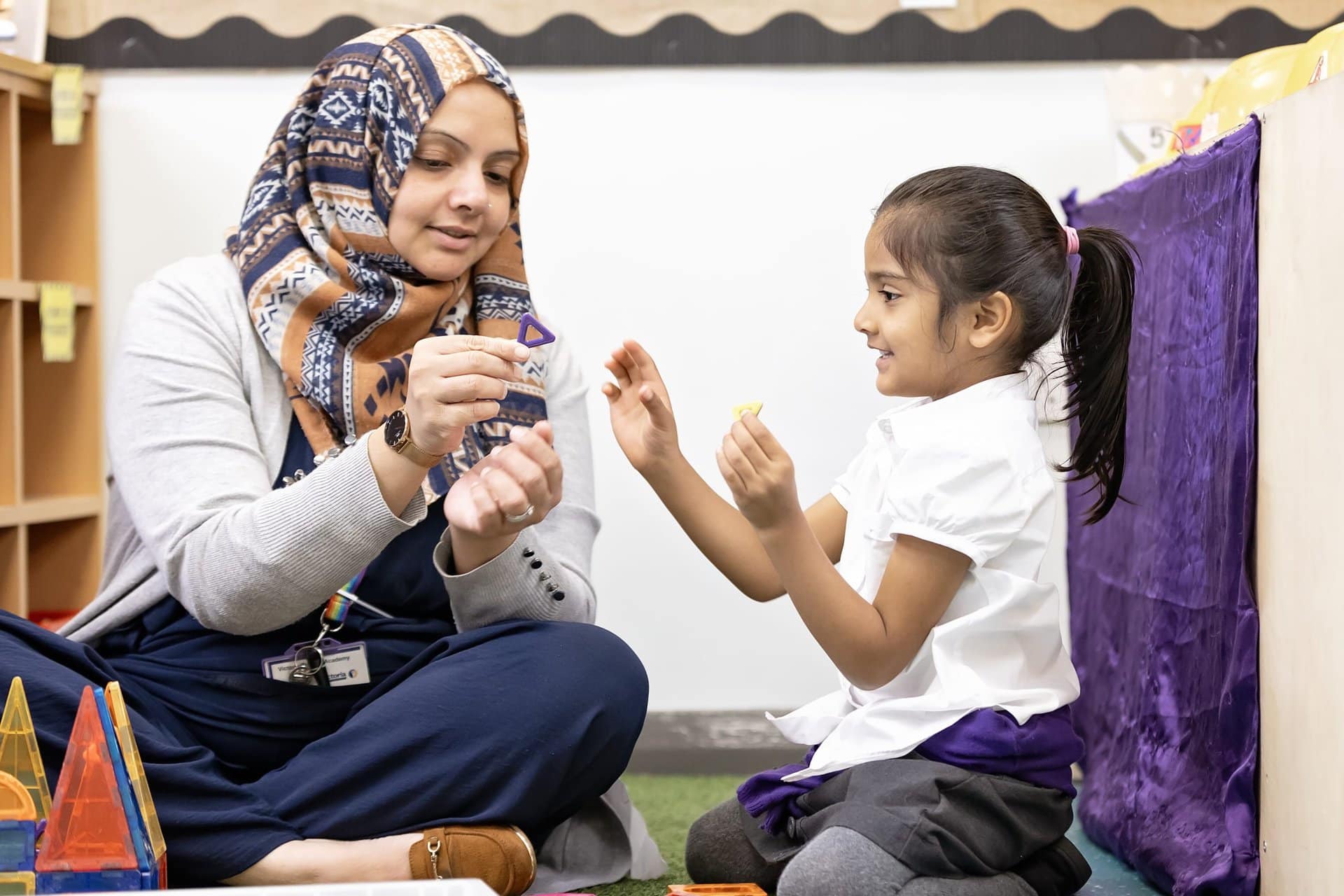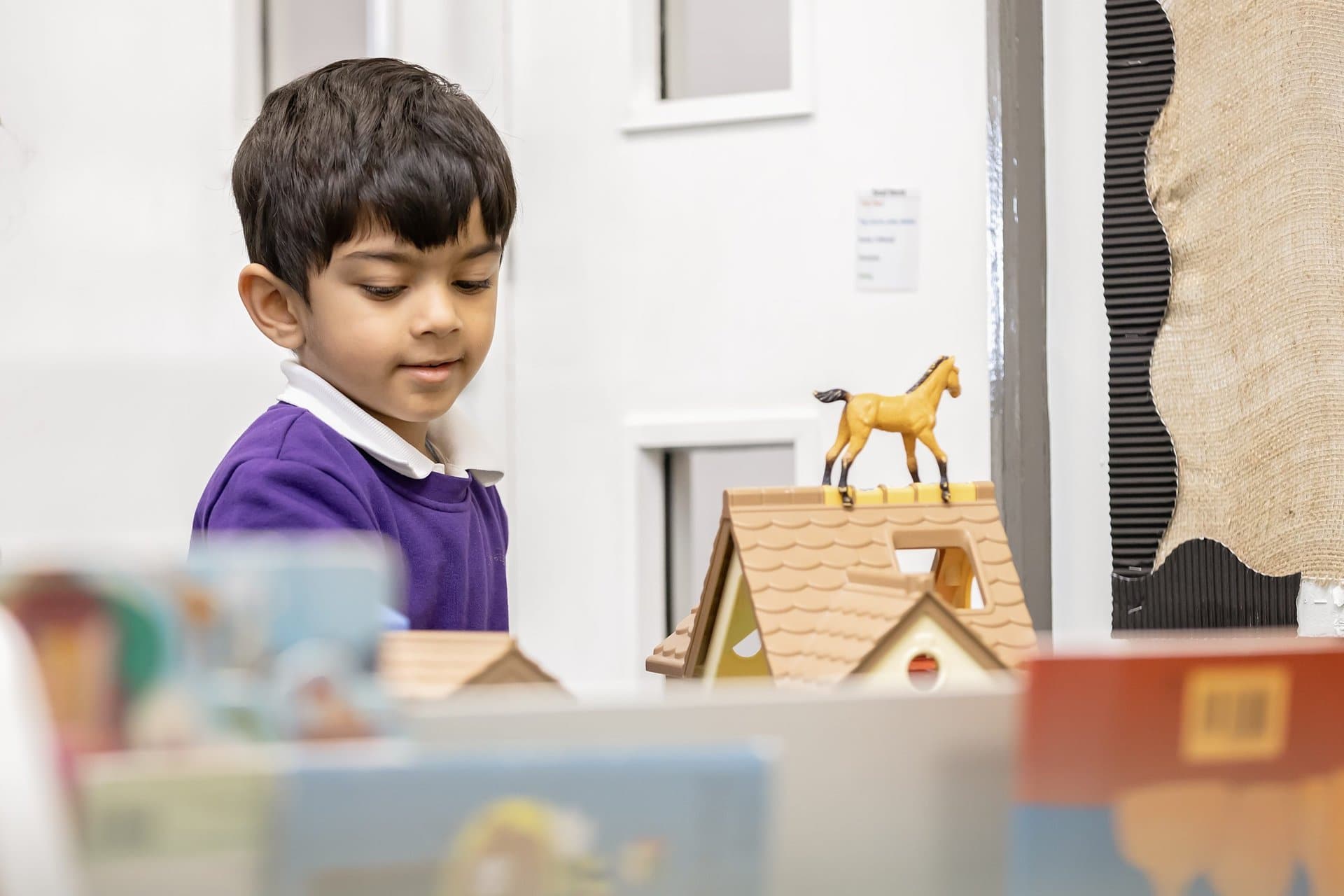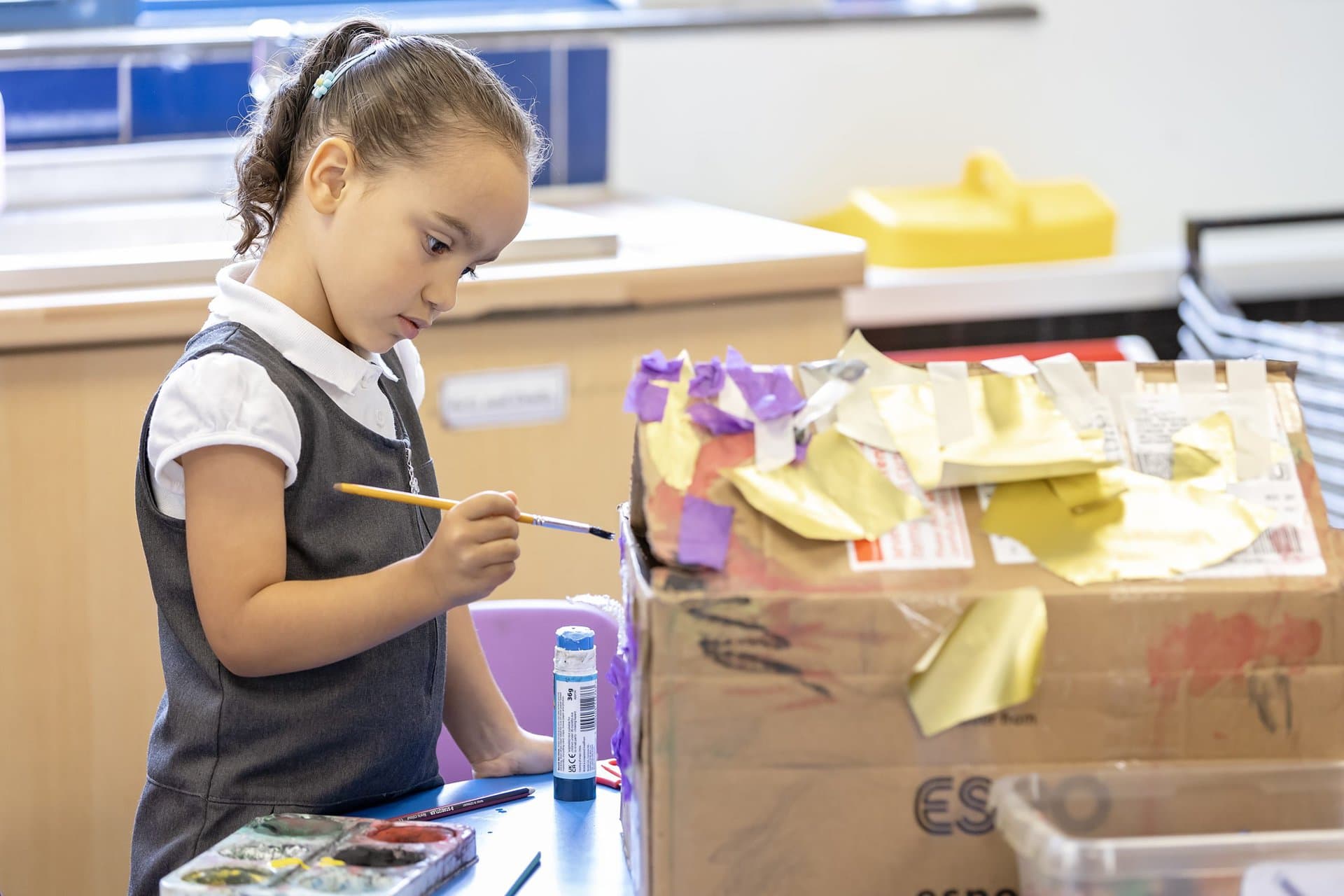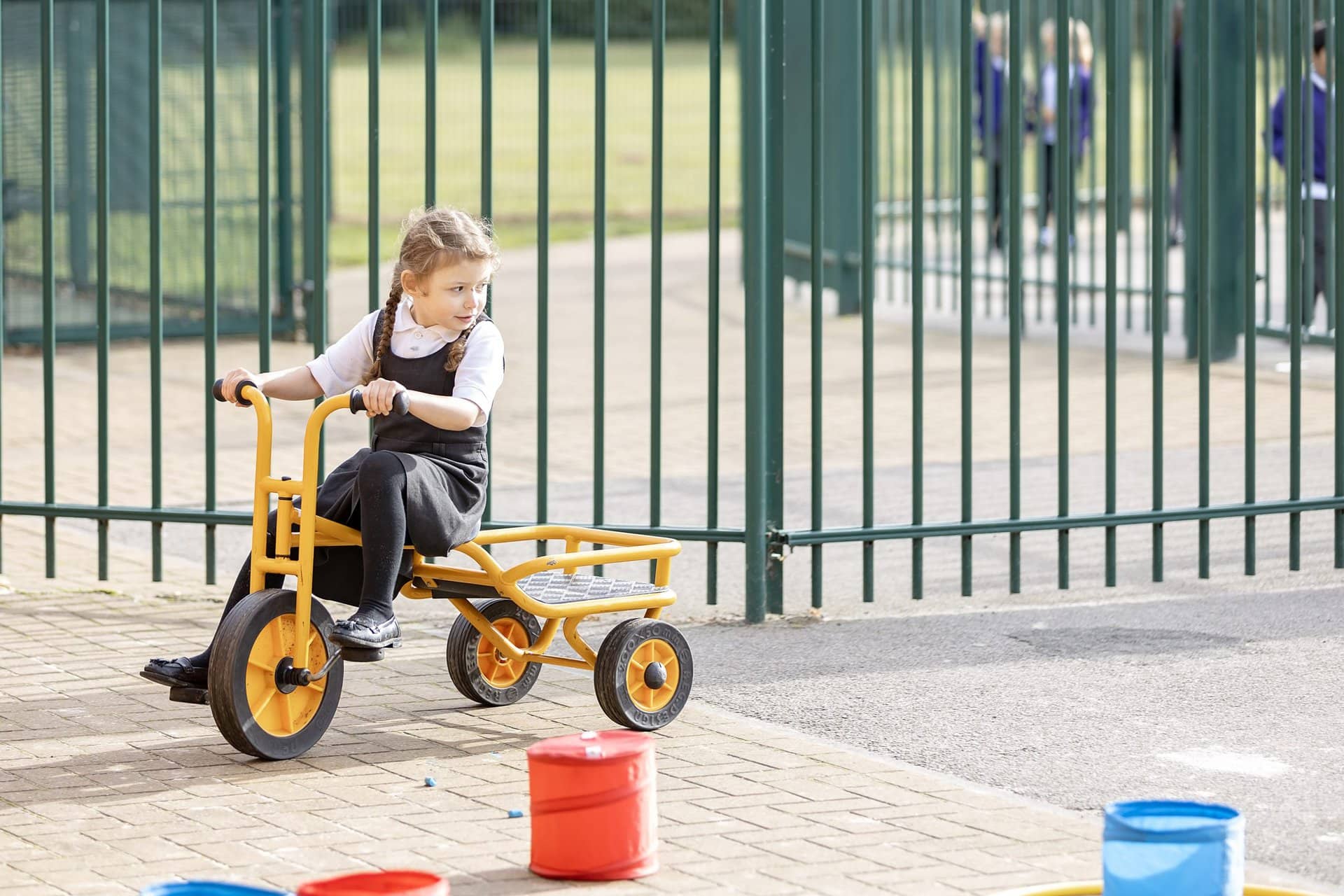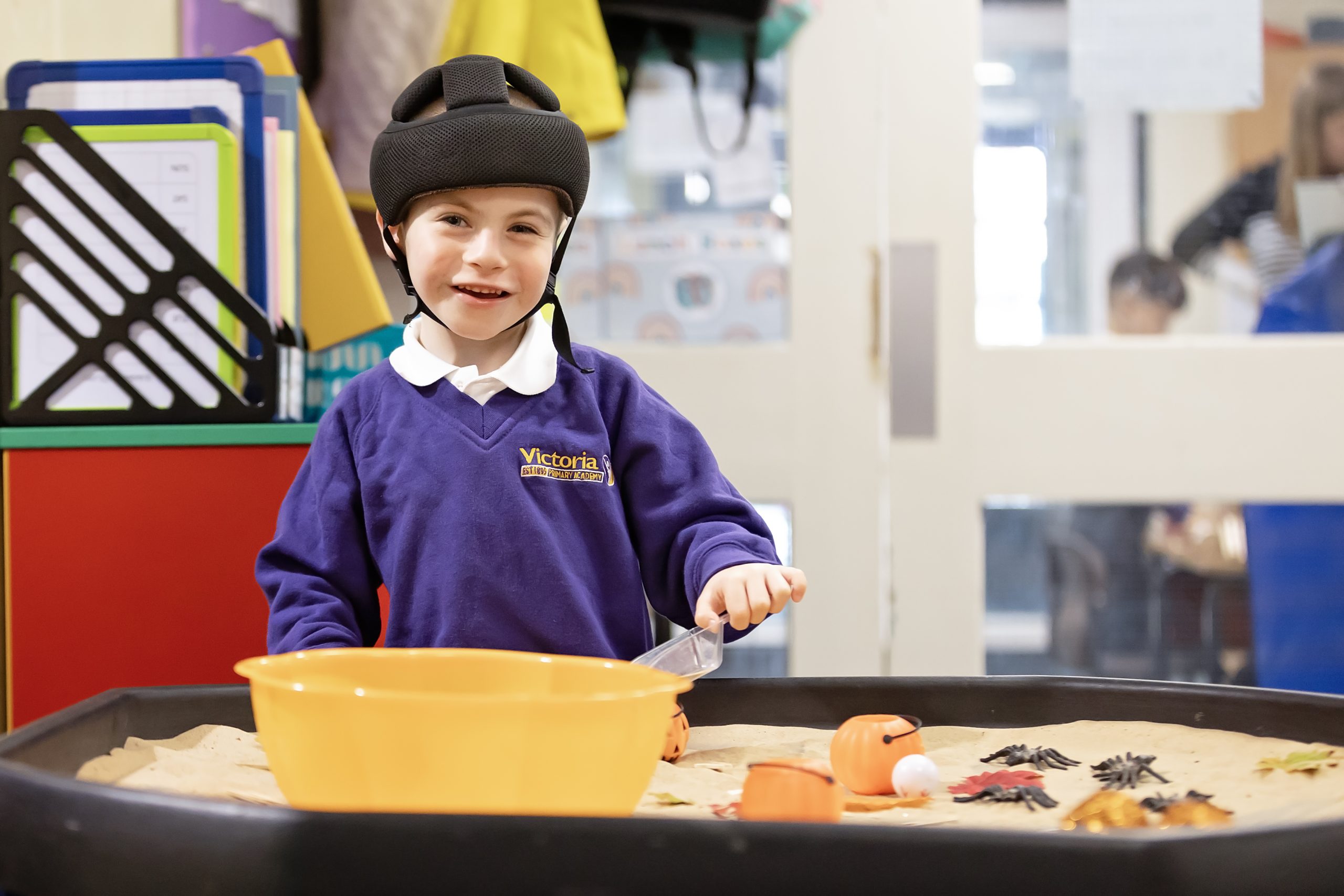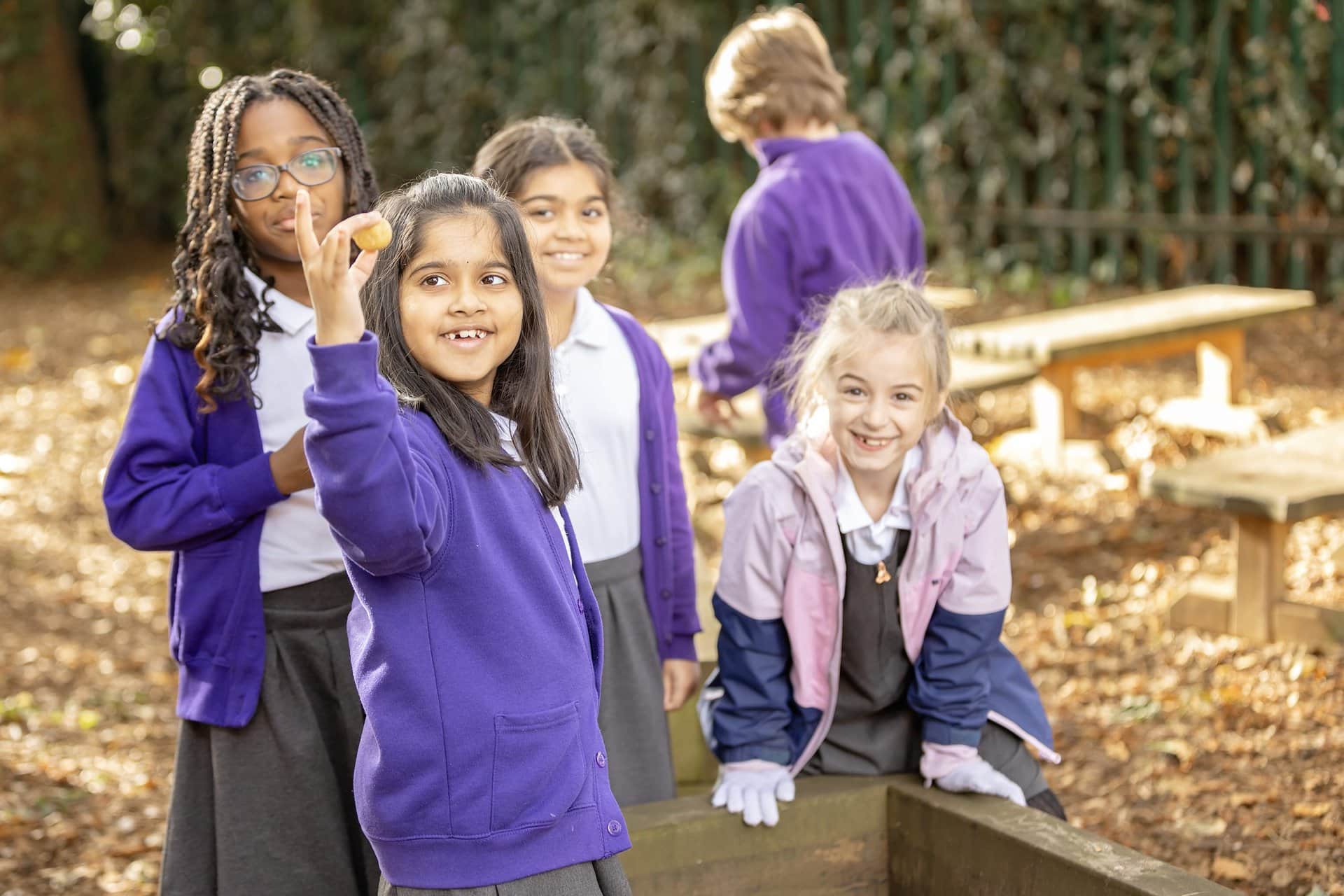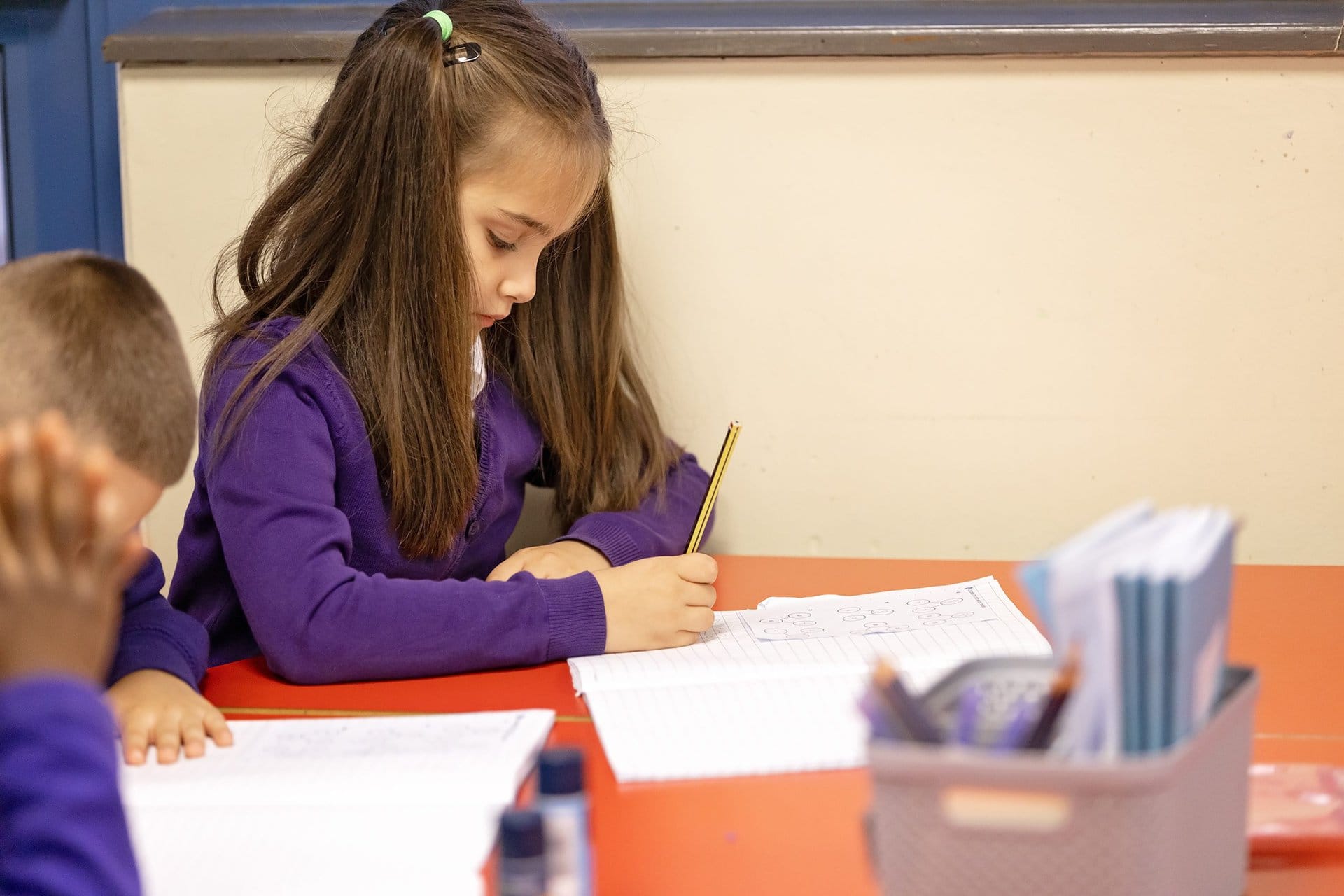SMSC & British Values
Promoting SMSC and British Values
At Victoria Primary Academy we recognise the essential role SMSC plays in the development of our pupils. We use the following definitions and opportunities:
Spiritual Development
Spiritual development focuses on children’s own personal beliefs and values and their resulting behaviour. Through spiritual development children are able to understand their own feelings and emotions which enable them to reflect and inform their perspectives on faiths, feeling and values.
Planned Assemblies, PHSE programmes, RE scheme of work, whole school theme/event days and other curriculum opportunities enable children to;
- sustain their self-esteem in their learning experience,
- develop their capacity for critical and independent thought,
- experience moments of stillness and reflection,
- form and maintain worthwhile and satisfying relationships,
- empathise and consider others viewpoints,
- consider how beliefs can change people’s lifestyles, and
- consider and celebrate the wonders and mysteries of life.
Moral Development
Moral development involves exploring, understanding and recognising shared values and considering the issues of right and wrong enabling them to respect the civil and criminal law of England.
Planned Assemblies, PHSE programmes, RE scheme of work, whole school theme/event days and other curriculum opportunities enable children to;
- class codes of conduct and academy rules, agreed with the children and displayed in the classroom,
- clear and consistent rewards and sanctions which children understand and believe to be fair,
- phase and whole school assemblies which discuss moral values and cite shared and agreed expectations,
- skill building activities which enable children to practise the skills associated with the demonstration of the value being developed, and
- discussing the choices made by children and others and the resulting outcomes.
Social Development
Social development involves learners working effectively together and participating successfully in the Academy community as a whole. During a child’s social development they gain interpersonal skills which allow them to form successful relationships and become positive team members.
Planned PE programmes, PHSE programmes, Victoria Values activities, whole school theme/event days and other curriculum opportunities are used to develop social skills through:
- modelling of positive behaviours by all staff,
- sporting activities and regular attendance at inter-school competitions,
- after school clubs,
- skill building activities in classrooms,
- specific PSHE programme delivery,
- working with others in the local community
Cultural Development
Cultural development enables children to develop an understanding of their own culture and of others in Wellingborough, nationally and internationally. It also enables children to feel comfortable in a variety of cultures and valuing cultural diversity.
Children are introduced to local and global perspectives in life through planned curriculum opportunities within Edison Connected Curriculum, RE scheme of work, and within other curriculum areas:
- Links with local and international schools
- Stories from different cultures
- First-hand experiences through local visits, theatre and art
- Visitors from the local and international community
- Being part of national and international fund raising events
Promoting British Values
At Victoria Primary Academy we recognise that spiritual, moral, social and cultural education begins with our obligations under the 2002 Education Act; the 2011 Children’s Act and 2010 Equalities Act to promote equality and safeguard the welfare of children. Furthermore, we also recognise that spiritual, moral, social and cultural education includes a duty to champion the principles of democracy and challenge prejudice and intolerance by promoting the values set out in the 2011 ‘Prevent Strategy’ and the 2014 DfE consultation. These values are enshrined in five key principles:
- democracy
- the rule of law
- individual liberty
- mutual respect
- tolerance of those of different faiths and beliefs
These values flow through Victoria Primary Academy, from our ethos and vision, to our policy and practice in the classroom.
In the first instance, these values figure prominently in our Academy vision:
Creating learners without limits

As a trust and staff, we believe in an ethos where children of all backgrounds and cultures are welcomed and valued; all children will make the very best progress that they can; leaving us confident to participate and take a lead role in society.
We believe our pupils should demonstrate outstanding behaviour and self-discipline, supported by parents and our partners in the wider community.
All staff receive Prevent update training on an annual basis. Prevent is integral to our child protection and safeguarding procedures.
At Victoria these values are reinforced regularly and in the following ways:
Democracy
Each year the children decide upon their class charter and the rights associated with these. All the children contribute to the drawing up of the charter.
We have a student council which meets regularly to discuss issues raised by other pupils. The council has its own budget and works to effect change within the school. Every child on the student council is voted in by their class.
Children have an annual questionnaire where they are able to put forward their views about the school.
The Rule of Law
The importance of laws, whether they be those that govern the class, the school, or the country, are consistently reinforced at Victoria.
Pupils are taught from an early age the values of the school. Pupils are taught the value and reasons behind rules and laws, that they govern and protect us, the responsibilities that this involves and the consequences when laws are broken.
Individual Liberty
At Victoria, pupils are actively encouraged to make choices, knowing that they are in a safe and supportive environment. As an academy we educate and provide boundaries for young pupils to make informed choices, through a safe environment and an empowering education. Pupils are encouraged to know, understand and exercise their rights and personal freedoms and advised how to exercise these safely, for example through our eSafety and PSHE lessons
Mutual Respect
Mutual respect is at the heart of our values. Children learn that their behaviours have an effect on their own rights and those of others. All members of the academy community treat each other with respect.
Tolerance of those of Different Faiths and Beliefs
Victoria is a diverse school. We actively promote diversity through our celebrations of different faiths and cultures. Religious Education lessons and PSHE lessons reinforce messages of tolerance and respect for others. Members of different faiths and religions are encouraged to share their knowledge to enhance learning within classes and the academy.
Big Questions and Thought for the Week
As part of the provision for SMSC development of all students, each class will discuss a Big Question/Thought for the week. The thought for the week will be based on key events, religious festivals, political elections, celebrations and key discussion points. Each thought for the week will comprise of either a picture, a powerful questions or a brief quotation from world leaders, spiritual figure-heads and philosophers from all over the world. Every thought of the week is selected to provoke comments or debates, increasing students’ knowledge and understanding of the world around them and develop their viewpoints to prepare for life in modern Britain. Big Questions are linked to our learning and enable children to discuss and share ideas, strengthening their knowledge and understanding of a topic or subject.
Tracking SMSC and British Values
SMSC and British Values coverage is monitored by the SMSC and British Values Lead. Photographs of events in school are added to Class Dojo enabling parents to view activities which link to SMSC and British Values that take place in school.

